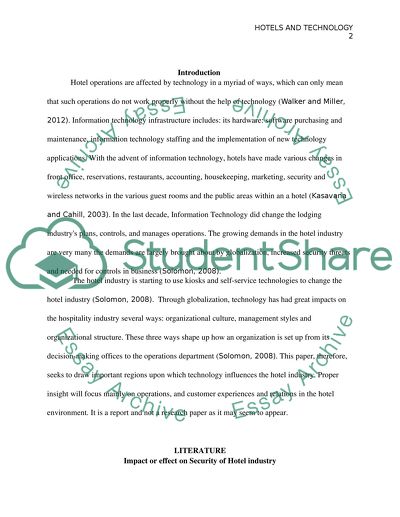Cite this document
(“Technology and the Future of the Hotel Industry Research Paper”, n.d.)
Technology and the Future of the Hotel Industry Research Paper. Retrieved from https://studentshare.org/tourism/1668554-technology-and-the-future-of-the-hotel-industry
Technology and the Future of the Hotel Industry Research Paper. Retrieved from https://studentshare.org/tourism/1668554-technology-and-the-future-of-the-hotel-industry
(Technology and the Future of the Hotel Industry Research Paper)
Technology and the Future of the Hotel Industry Research Paper. https://studentshare.org/tourism/1668554-technology-and-the-future-of-the-hotel-industry.
Technology and the Future of the Hotel Industry Research Paper. https://studentshare.org/tourism/1668554-technology-and-the-future-of-the-hotel-industry.
“Technology and the Future of the Hotel Industry Research Paper”, n.d. https://studentshare.org/tourism/1668554-technology-and-the-future-of-the-hotel-industry.


